Despite overwhelming scientific consensus on climate change, misinformation and emotion still drive public doubt.

Massive wildfires, rising sea levels, extreme heat—it’s getting harder to deny that climate change is real. And yet, despite overwhelming scientific consensus, some people still refuse to accept that human activity is the main cause. In fact, a recent study confirms that 98.7% of climate scientists agree: we’re driving global warming. So why do so many people still push back against the science? The answers are more complicated—and more human—than you might expect.
1. Accepting climate change means admitting we’ve caused a global crisis
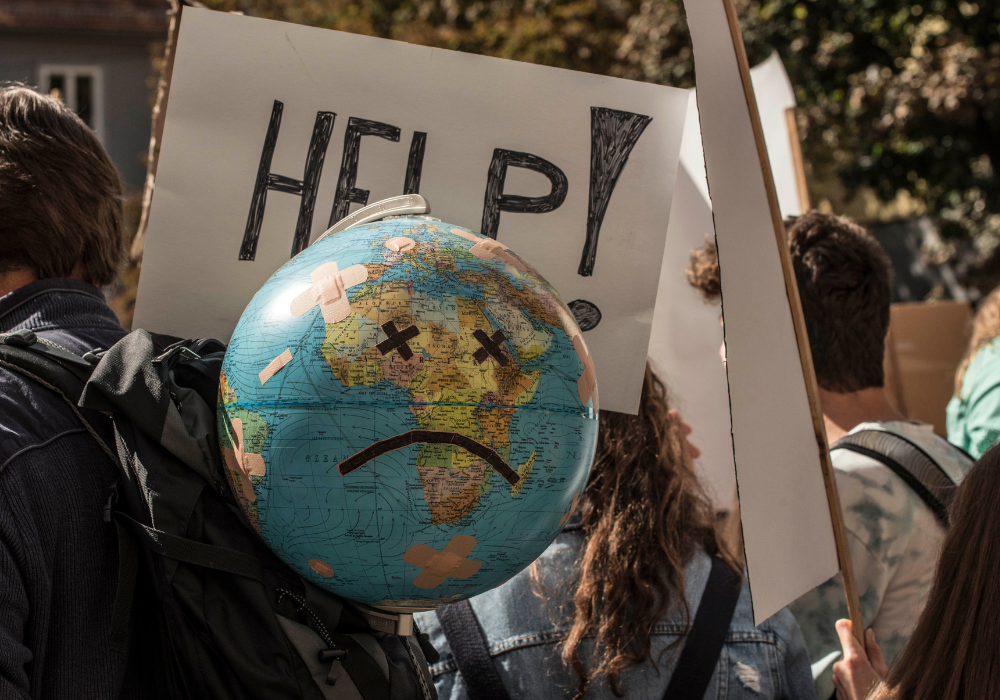
For many, acknowledging human-caused climate change brings on a heavy emotional burden. It forces people to confront their own role in a problem that threatens the planet’s future. That kind of self-awareness is uncomfortable—and it’s easier to deny the problem than face guilt, fear, or helplessness. Climate denial often functions as a defense mechanism.
By rejecting the scientific consensus, people can avoid that emotional reckoning. In this way, denial isn’t always about facts—it’s about feelings. And until we address the emotional side of climate change, no amount of evidence may be enough to sway hardened skeptics.
2. Misinformation spreads faster than climate science

In today’s digital landscape, climate change misinformation can go viral long before accurate science gets traction. Social media algorithms tend to reward controversy and outrage—two ingredients climate denialists use well. Misleading memes, conspiracy theories, and cherry-picked data thrive online, creating an illusion of debate where none exists.
Even casual exposure to this content can shape opinions over time. While scientists carefully communicate uncertainty and nuance, misinformation thrives on simplicity and fear. This imbalance gives climate denial a massive head start—and makes it harder for truth to cut through the noise, even when backed by overwhelming scientific consensus.
3. Political identity plays a powerful role in climate denial

In the U.S. especially, climate change has become a deeply politicized issue. For some, rejecting global warming isn’t about science—it’s about loyalty. When political leaders or media outlets dismiss climate data, followers often adopt those views to stay aligned with their tribe. Climate change denial becomes a marker of political identity, not scientific reasoning.
That’s why presenting more data doesn’t always change minds. If someone sees climate action as a threat to their values or way of life, they’re more likely to dig in than reconsider. In this case, belief isn’t about evidence—it’s about belonging.
4. Climate change feels too big and overwhelming to face
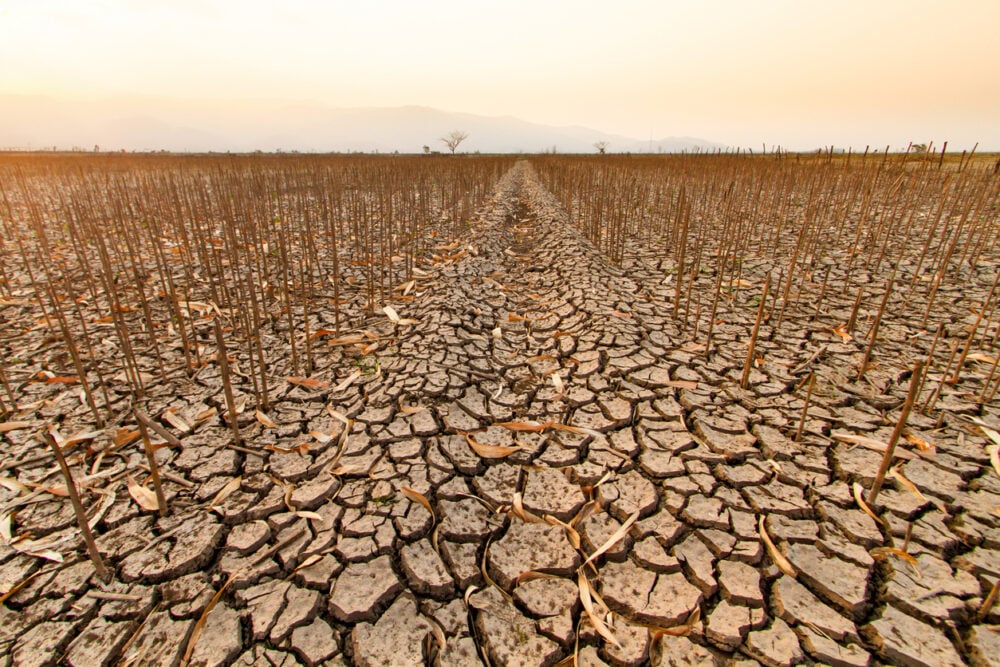
Let’s be honest: the climate crisis is massive. Rising oceans, melting glaciers, wildfires, droughts—it’s easy to feel powerless in the face of such global disruption. That sense of helplessness can lead to denial as a form of emotional self-preservation. If the problem feels unsolvable, it’s psychologically easier to downplay it, ignore it, or convince yourself it’s exaggerated.
Climate denial isn’t always rooted in ignorance—it can come from deep anxiety. Facing the full weight of climate change means accepting that major changes are needed in how we live, and not everyone is ready to take that on.
5. Fossil fuel interests have spent decades muddying the waters
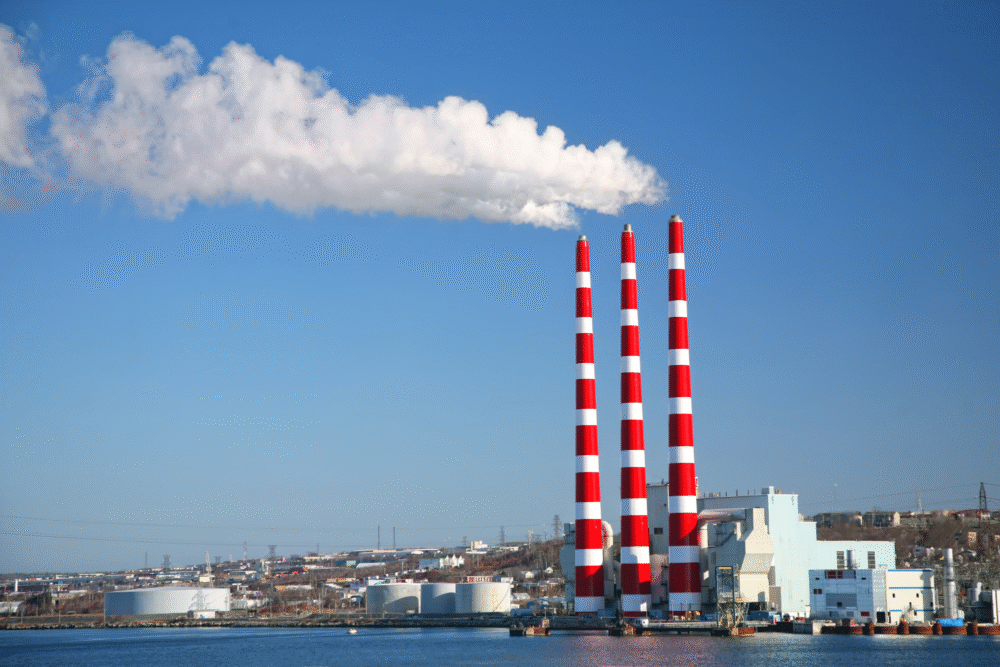
Oil, gas, and coal companies have invested millions in sowing doubt about climate science. Since the 1990s, fossil fuel-funded think tanks and lobbying groups have worked hard to question the link between human activity and climate change. These campaigns mimic tactics used by Big Tobacco: create confusion, emphasize uncertainty, and delay action.
Even today, the fingerprints of industry influence are all over climate denial content. By funding misinformation, these groups have shaped public opinion and policy for decades. It’s no coincidence that doubt persists—even with 98.7% of scientists in agreement. That’s the power of a well-funded disinformation campaign.
6. People confuse weather with climate and think short-term
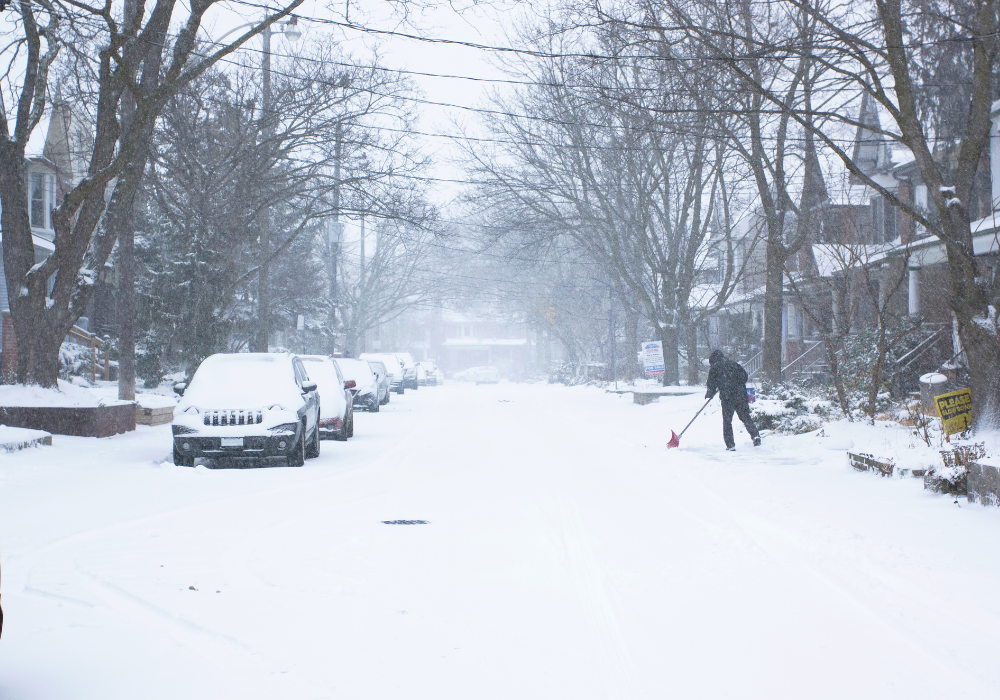
One cold winter storm or a rainy week can send some folks shouting, “So much for global warming!” This confusion stems from a basic misunderstanding: weather is short-term, while climate is long-term. Just because you need a jacket in April doesn’t mean global temperatures aren’t rising. Climate change refers to patterns over decades and centuries—not a single season or freak storm.
But because we experience weather every day, it’s easy to use it as a personal benchmark. That misinterpretation, however innocent, helps fuel skepticism. It’s a reminder that climate literacy is still surprisingly low, even in the information age.
7. Scientific language can feel distant or hard to understand
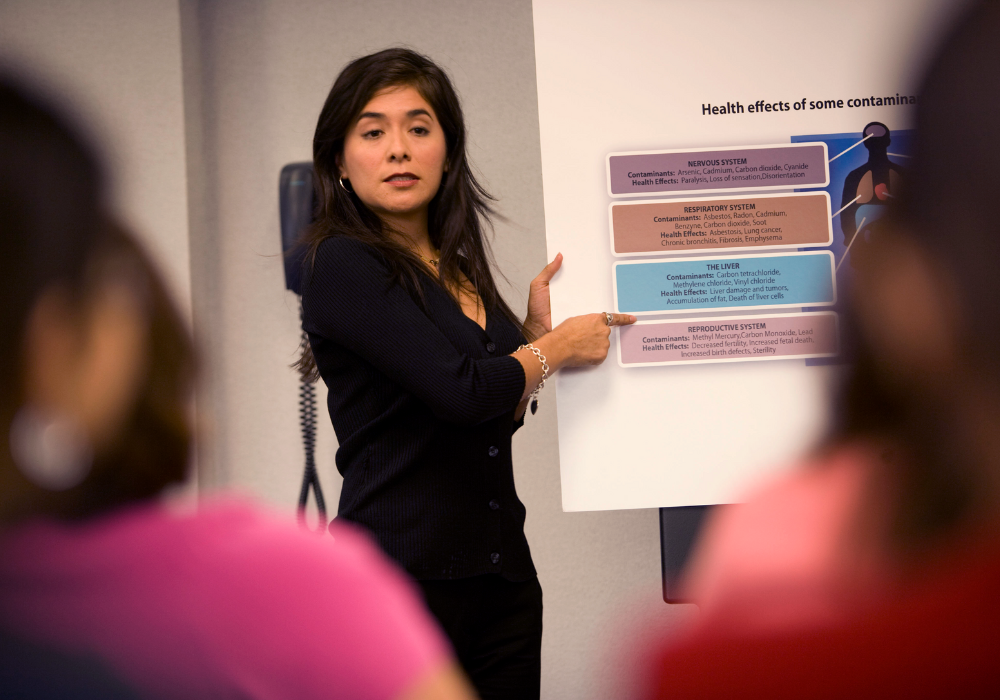
Scientists tend to be cautious in their language, using phrases like “likely,” “projected,” or “probability ranges.” That’s great for accuracy—but not so great for public persuasion. Meanwhile, climate change deniers use bold, emotional language that resonates more easily. This contrast can make real science feel less convincing to the average person.
If someone hears one side say, “It might happen,” and the other scream, “It’s a hoax!”—guess which one cuts through? The way climate change is communicated matters. Until scientific messaging becomes more relatable, many people will keep tuning out—even when the science is rock solid.
8. People don’t want to give up their comforts and conveniences

Addressing climate change means rethinking how we travel, eat, shop, and power our homes. And let’s face it—many people aren’t eager to give up gas cars, cheap flights, or air conditioning. Admitting the crisis is real often comes with a sense of obligation to change. That’s uncomfortable. Denial becomes a tool for avoiding lifestyle disruption.
If someone believes climate change is exaggerated or false, they don’t have to feel bad about their choices. The desire to preserve comfort is strong—and it’s one of the sneakiest, most relatable reasons climate denial still has a foothold.
9. Some believe divine intervention or fate will fix it
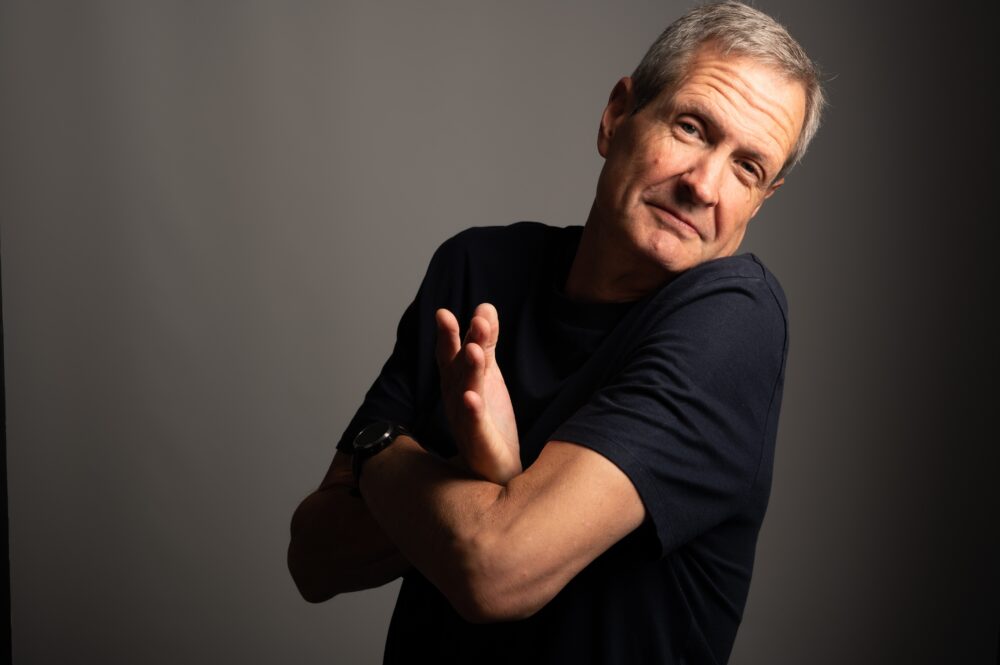
In certain religious or spiritual circles, there’s a belief that climate change is either part of a divine plan or that God will step in before things get too bad. This worldview shifts responsibility away from human action and places it in the hands of a higher power. For those who see Earth’s fate as preordained, scientific solutions may seem unnecessary or even misguided.
This mindset isn’t necessarily anti-science—it’s more about worldview. But it still stands in the way of climate action by framing the crisis as something we don’t—or shouldn’t—control, no matter what the data says.
10. Changing your mind means admitting you were wrong

No one likes to be wrong—especially about something big. For people who’ve spent years dismissing climate change, reversing course can feel like a personal defeat. It’s not just about accepting new facts; it’s about admitting they ignored the warnings or trusted the wrong sources. That kind of shift takes humility and vulnerability.
Unfortunately, in a polarized culture, changing your mind is often seen as weakness instead of growth. So some dig in deeper, not because the evidence is lacking, but because the emotional cost of admitting they were wrong feels too high. And the planet keeps heating up anyway.
